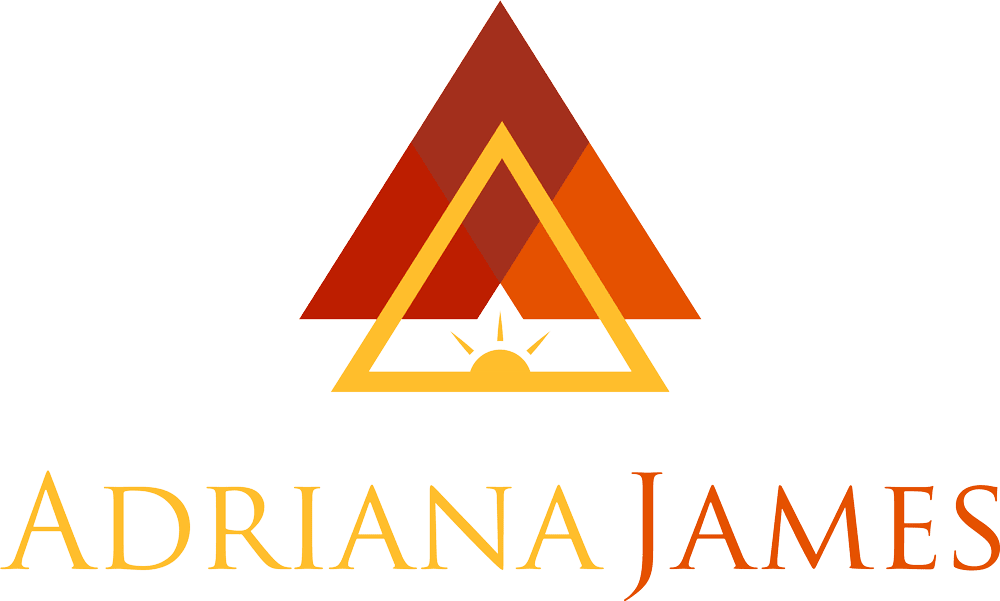Profiling is the act or process of extrapolating information about a person based on known traits or tendencies.
What is it really?
NLP defines profiling in an easier and more usable way.
It is simply the ability or skill to understand quickly HOW people think, not what they think.
In NLP, Profiling is done via Values and MetaPrograms. These are both internal filters we all have and use in our decision-making and belief-acquiring process.
They can create real problems in personal relationships if not correctly understood, or vice-versa, they can make relationships (business or personal) work smoothly and without glitch.
If a person needs to externally process a problem they’re dealing with but conversely their partner processes the information differently (goes internal), what you have is a mismatch. The first will seem to talk incessantly while the latter seems not to “share” themselves. The first will wonder what has gone wrong in that relationship (work or personal) as their partner does not relay to them about their problems, while the other is left wondering what they are supposed to do.
Neither is wrong. They just process information (life or business problems) in a different way.

NLP shows you how to discover those unconscious filters, how to elicit them and thus to learn about other people’s ways of thinking, which is the only way to a successful cooperation and collaboration.
In NLP we discover how to hear a person for the first time by learning how people use words (not everyone understands the same thing even if they use a common word). For example, a simple and common word as “communication” means something different to different people depending on how they interpret inside their mind the meaning of that word. Values are words.
Acquiring the skill of how to elicit MetaPrograms and Values builds on the basic skills NLP has to offer from the get-go. The meaning of the communication is the response you get. You get the right response, you communicated correctly, with the words which were understood as intended (which is not always easy).

This is one of the basic presuppositions of NLP. In this way, NLP allows you to discover—without guessing—the hidden assumptions behind a person’s use of words, beyond their Values and most importantly, how to use words in a purposeful way to have the most positive impact. Spouses really begin to understand each other, managers and employees can align their Values. When used properly together with MetaPrograms, they become perfectly suitable for a particular purpose (like a job or a business endeavor).
In NLP, we recognize that everybody has Values. But not everybody has the same Values. In fact, people have different Values and each person’s are always the right ones for them. When Values clash, you end up with business disputes, relationship breakdowns, teams struggling to achieve target goals and objectives, or clients being dissatisfied and unhappy. Therefore, knowing how to elicit (conversationally) someone’s Values and MetaPrograms becomes not only an invaluable skill but a must in our modern society.

Here is a very important thing to remember: When your Values are aligned with your goals and objectives, those goals become easier to attain. This is one of the “gifts” offered to us by the NLP Master Practitioner.
Knowing how to elicit someone’s Values and MetaPrograms allows you to assign or to hire the right person for the right job, or how to apply for a position that makes you happy and in which you can shine.
In your private life, these NLP skills allow you to choose a life partner that completes you (without guessing), or for those already in a permanent relationship how to understand your spouse’s way of thinking (not what they think, but HOW they think). In this way, judgment, frustration and misunderstandings become an issue of the past. Many relationships have been saved just by aligning Values and discovering MetaPrograms. The requirements and expectations are clearly understood, communicated, and brought to a successful completion.
In NLP, the two sections of Values and MetaPrograms, which are both part of the NLP Master Practitioner Training, are an instrumental toolkit by which to evaluate other people, situations, and events in the most efficient and results-producing way which increases cooperation and collaboration and makes for a happy, satisfactory, and rewarded relationship.
